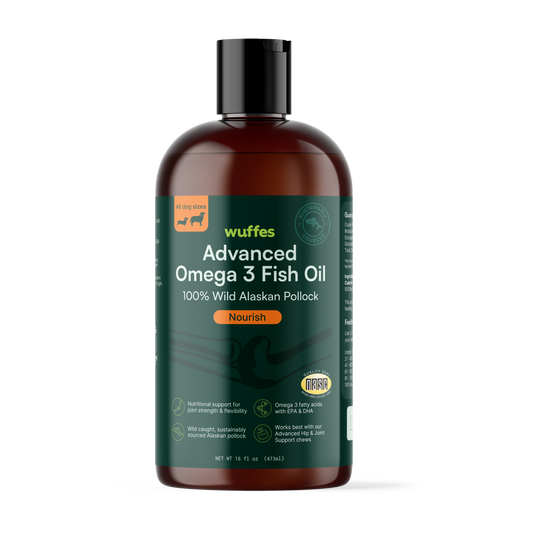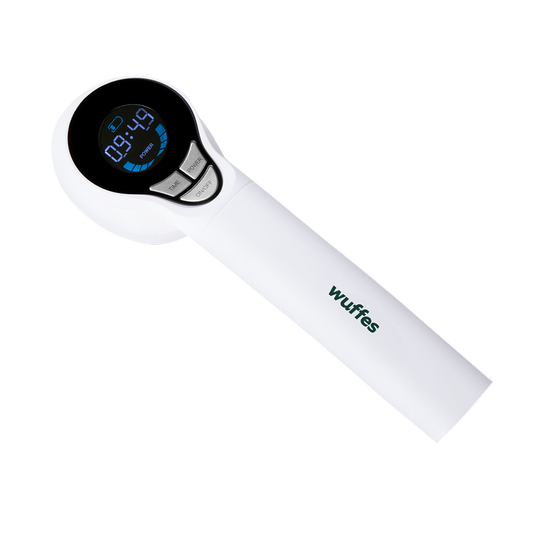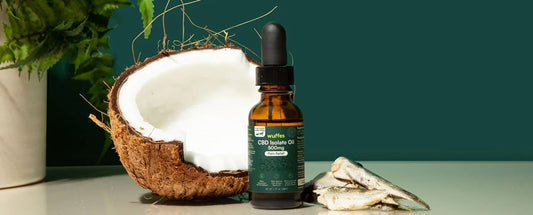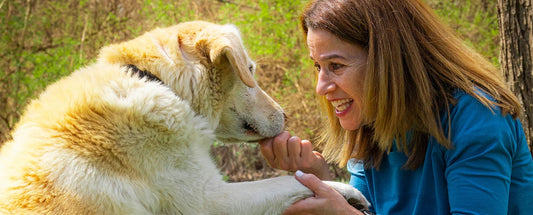Your puppy's early weeks are critical for setting the foundation for lifelong health. Proper care, including the right nutrition, supplements like multivitamins and joint supplements, and attention to their well-being, can make a world of difference in your puppy’s growth and development. By starting strong, you'll be setting the stage for an active, energetic dog, while avoiding potential health issues down the road.
Here’s a guide to help you navigate the early stages of puppy care and ensure your pup grows up happy and healthy.
How to take care of puppy's health from birth
In the early days after your puppy is born, it’s crucial to keep a close eye on their health. Some common warning signs to look out for include vomiting, loss of appetite, diarrhea, labored breathing, or coughing. If you notice any of these symptoms, it’s important to contact your veterinarian right away. Early intervention can prevent more serious health issues and help your puppy stay on track for a healthy life.
Foods to avoid with newborn puppies
While it’s natural to want to treat your puppy with all sorts of tasty foods, there are certain foods that puppies should never consume. These include:
- Chocolate
- Grapes and raisins
- All types of nuts
- Raw meat
You might wonder, “If puppies can’t eat nuts or raw meat, where do they get their protein?” Fortunately, specially formulated puppy food provides all the necessary proteins and nutrients to support their growth and development. These foods are designed to give your puppy everything they need to grow strong and healthy.
You might wonder, “If puppies can’t eat nuts or raw meat, where do they get their protein?” Fortunately, specially formulated puppy food provides all the necessary proteins and nutrients to support their growth and development. These foods are designed to give your puppy everything they need to grow strong and healthy. You can also start them on a multivitamin supplement to battle any potential nutritional deficiencies.
Caring for an 8-week old puppy
As your puppy reaches two months of age, they’ll start becoming more active and curious. At this stage, it’s a good idea to puppy-proof your home to prevent any accidents or damage, like chewed furniture or broken items. You can also begin potty training by setting up designated areas or litter boxes. Starting these habits early can make house training much smoother in the long run.
Introducing multivitamins to your puppy's routine
At this stage, you can begin to introduce your puppy to multivitamins to support their growth. It’s best to consult your veterinarian to choose a multivitamin that meets your puppy’s specific needs. Look for supplements that aid digestion, boost the immune system, and enhance skin and coat health.
Some multivitamins contain up to 23 essential nutrients in a single serving, making it easier to ensure your puppy gets all the nutrients they need.
Conclusion
Raising a puppy is both rewarding and challenging, but by focusing on proper care, nutrition, and supplements, you can help your puppy grow into a healthy and happy adult dog. Taking the time to familiarize yourself with essential puppy care tips will save you from unnecessary stress and costs later on—and will give your puppy the best possible start in life.











